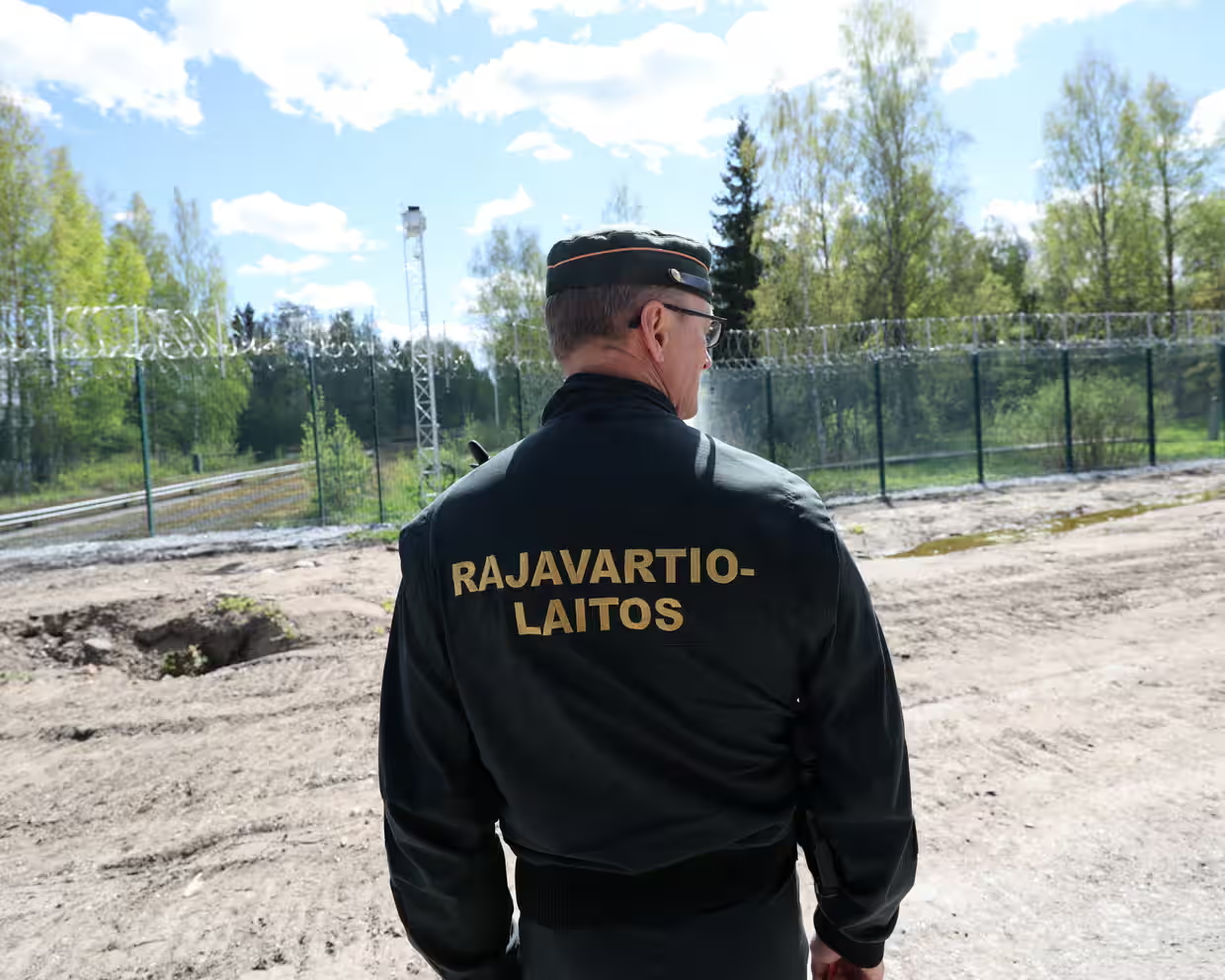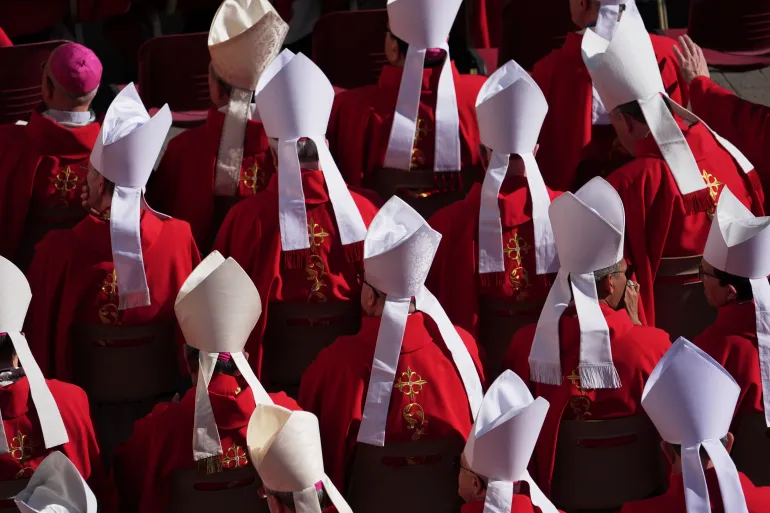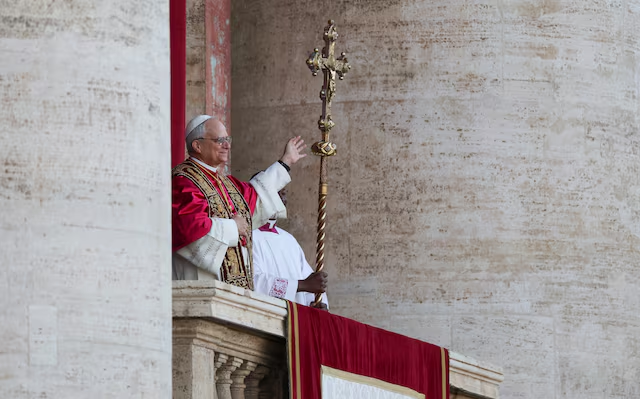Finland’s top military leadership has warned that Russia is likely to redeploy substantial military forces to the Finnish border once the war in Ukraine comes to an end, prompting Helsinki to intensify its defense planning and NATO coordination.
General Janne Jaakkola, Finland’s chief of defense, told reporters on Tuesday that Moscow has significantly drawn down its troop presence along the Finnish frontier due to the ongoing conflict in Ukraine. However, he believes this posture will not last. “We expect that once the war in Ukraine is over, Russia will reconstitute and rebuild its forces, and some of those will be redeployed closer to our borders,” Jaakkola stated.
Finland, which shares a 1,340-kilometre (832-mile) border with Russia, has rapidly shifted its defense doctrine since Russia’s 2022 invasion of Ukraine, culminating in its accession to NATO in 2023. The move ended decades of military non-alignment and underscored growing fears in Helsinki about the Kremlin’s long-term intentions.
According to Jaakkola, the current lull in Russian military activity near Finland is temporary and deceptive. “We must not assume that this reduced presence is permanent,” he cautioned. “Strategically, Russia still views NATO’s northern flank as critical, and we are now part of that equation.”
In response, Finland is ramping up its defense spending and strengthening its eastern defenses. The government has committed to meeting and exceeding NATO’s 2% of GDP defense spending target and is investing in surveillance technology, new fighter jets, and joint military exercises with NATO allies, including the United States and Sweden.
Finnish Defense Minister Antti Häkkänen echoed the general’s warnings, saying Helsinki’s security policies must be guided by long-term preparedness, not short-term optimism. “The peace after Ukraine won’t mean a return to the pre-2022 status quo. Russia will still be a strategic challenge,” he said.
While Russian officials have not commented directly on the Finnish statements, the Kremlin has previously denounced Finland’s NATO membership as a “dangerous escalation” and warned of “countermeasures” in response.
Tensions between the two nations have remained high, especially after Finland closed several border crossings due to what it called a “hybrid operation” by Russia involving the movement of asylum seekers toward Finnish territory. Helsinki has accused Moscow of weaponizing migration to destabilize its borders—an allegation the Kremlin denies.
Analysts say Finland’s warnings are both strategic and pragmatic. “Helsinki wants to ensure that NATO’s northern flank is not neglected once the Ukraine war winds down,” said Elisabeth Braw, a fellow at the Atlantic Council. “They’re signaling that Russia’s threat is persistent, even if it temporarily recedes.”
Since joining NATO, Finland has increased its military integration with neighboring Sweden and the Baltic states. The Nordic country also participates in the alliance’s air policing and joint readiness initiatives, and it has reinforced its Arctic defense capabilities—a region where Russian and NATO interests increasingly overlap.
Public opinion in Finland remains strongly supportive of NATO and increased defense spending. A recent poll showed over 75% of Finns believe Russia remains a long-term security threat, even after the war in Ukraine.
As Finland braces for what it sees as inevitable postwar Russian militarization, it is calling on NATO to remain vigilant and unified. “This is not a time for complacency,” General Jaakkola concluded. “We must plan for the world that will follow this war—and we must prepare to defend it.”
Source: The Guardian



